- Overview
- Symptoms
- Causes & Risks
- Tests & Diagnosis
- Treatment
- Living With
- Complications
- Support & Resources
- Appointment Prep
- View Full Guide
Vitamins and Supplements for Crohn's

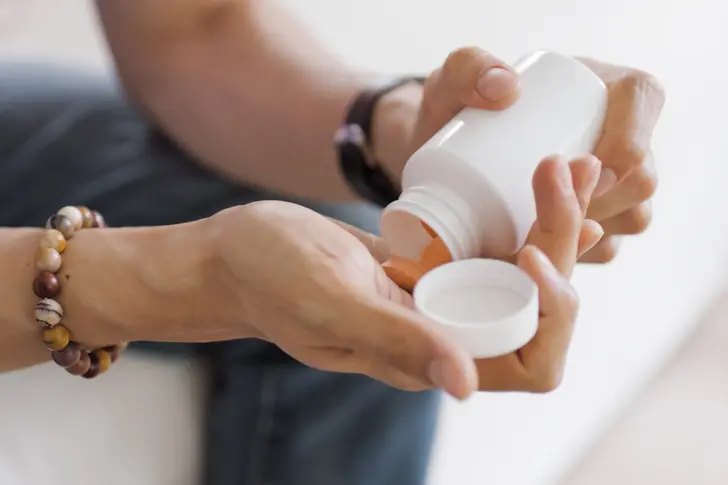
Why You May Need Supplements
Crohn's disease can make it hard for your body to absorb nutrients from food. When inflammation affects your intestines, you may not get enough vitamins and minerals from your diet alone. Many people with Crohn's develop nutritional deficiencies, especially during flares. Supplements can help fill these gaps, but they don't replace medication or proper diet. Your doctor can test for specific deficiencies and recommend the right supplements in the correct doses.

Multivitamins
A daily multivitamin can help cover basic nutritional gaps for people with Crohn's. Look for one that's free of lactose, artificial colors, and preservatives that might irritate your gut. Some doctors recommend liquid or chewable forms, which may be easier to absorb than pills, especially if you've had bowel surgery or have inflammation in your small intestine.

Vitamin D
Many people with Crohn's are low in vitamin D, which helps your body absorb calcium and supports your immune system. Your body makes vitamin D when your skin is exposed to sunlight, but you may need supplements, especially if you take steroids, which can lower vitamin D levels. Your doctor can check your levels with a simple blood test.
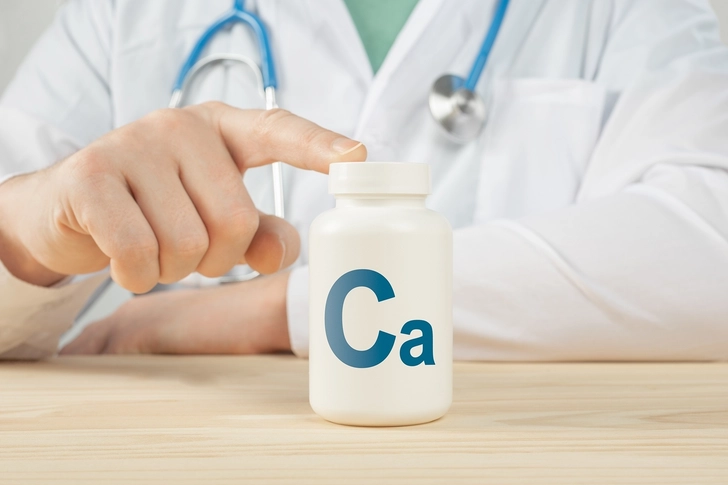
Calcium
Crohn's increases your risk of bone loss, especially if you take steroids. Calcium supplements can help protect your bones, but they need vitamin D to work properly. If dairy products trigger your symptoms, calcium supplements become even more important. Many calcium supplements also contain vitamin D, making them a convenient two-in-one option.
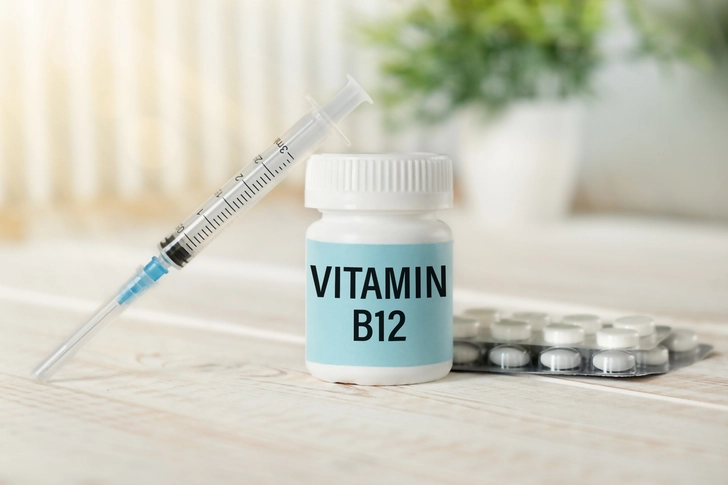
Vitamin B12
Vitamin B12 is absorbed in the last part of your small intestine, which is often affected by Crohn's. If you've had surgery in this area, you may need regular B12 supplements. Low B12 can cause fatigue, weakness, and tingling in hands and feet. Some people need B12 shots rather than pills if their absorption is severely limited.
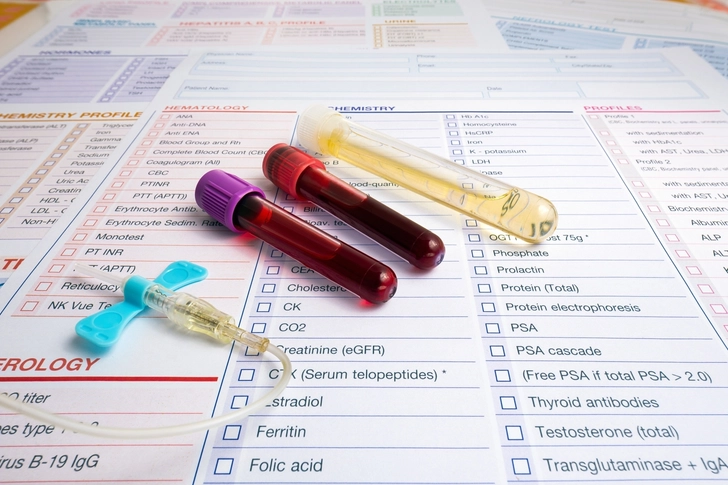
Iron
Bleeding in the digestive tract and poor iron absorption can lead to iron deficiency anemia in Crohn's disease. Symptoms include fatigue, weakness, and shortness of breath. Iron supplements can help, but they may cause constipation or diarrhea. Some people need intravenous iron if they can't tolerate oral supplements or have severe deficiency.

Zinc
Zinc helps with tissue repair and immune function, both important for people with Crohn's. Diarrhea can deplete zinc levels, and low zinc can make diarrhea worse, creating a difficult cycle. Zinc supplements may help break this cycle, but too much zinc can interfere with copper absorption, so follow your doctor's dosing recommendations carefully.

Folate
Folate (vitamin B9) is essential for cell division and repair. Some Crohn's medications, like methotrexate and sulfasalazine, can lower folate levels. During flares or after intestinal surgery, you may need extra folate. Women with Crohn's who might become pregnant should be especially careful to get enough folate to prevent birth defects.

Probiotics
Probiotics contain live beneficial bacteria that may help restore balance to your gut microbiome. Some studies suggest certain probiotic strains might help prevent flares or reduce symptoms in some people with Crohn's. However, results are mixed, and what works for one person might not work for another. Quality and strain matter, so get recommendations from your doctor.
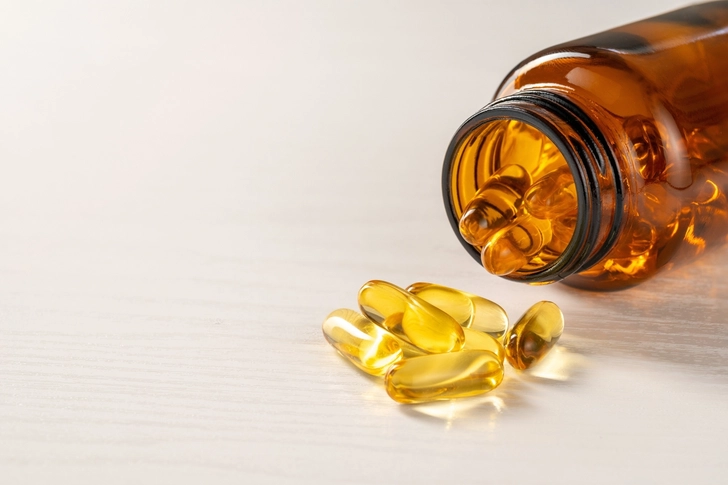
Fish Oil
Omega-3 fatty acids in fish oil have anti-inflammatory properties that might help reduce inflammation in Crohn's disease. While research shows mixed results, some people find relief with regular fish oil supplements. Start with small doses, as too much can cause diarrhea. Choose supplements tested for purity to avoid contaminants.
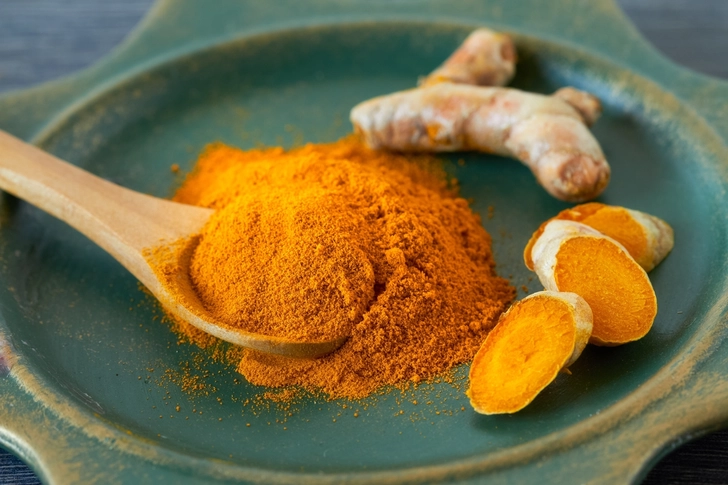
Turmeric
Turmeric contains curcumin, which has natural anti-inflammatory properties. Some small studies suggest it might help reduce inflammation in Crohn's disease. While generally considered safe, turmeric can increase bleeding risk if you take blood thinners. It may also interact with some medications, so check with your doctor before trying it.

Supplement Tips for Success
Take supplements with food unless directed otherwise. If one form causes digestive upset, ask about alternatives like liquids or injections. Keep a symptom journal to track how supplements affect you. Regular blood tests can help ensure you're getting the right nutrients in the right amounts.
PHOTO CREDENTIALS
Slide 1 - Chay_Tee / Shutterstock
Slide 2 - Aria Armoko / Shutterstock
Slide 3 - Tatjana Baibakova / Shutterstock
Slide 4 - CeltStudio / Shutterstock
Slide 5 - Inna Kot / Shutterstock
Slide 6 - angellodeco / Shutterstock
Slide 7 - Tero Vesalainen / Shutterstock
Slide 8 - Tetra Images / Getty Images
Slide 9 - Tatiana Bralnina / Shutterstock
Slide 10 - Erhan Inga / Shutterstock
Slide 11 - iStock / Getty Images
Slide 12 - monkeybusinessimages / Getty Images
SOURCES
ASPEN Nutrition Support Patient Education Manual: "Nutrition and Crohn's Disease."
Beth Israel Deaconess Medical Center: "What Are the Complications of Crohn's Disease?"
Crohn's and Colitis Foundation of America: "Complementary and Alternative Medicine (CAM)," "Diet and Nutrition."
Medscape: "Vitamin D Intake Associated with Reduced Risk of Crohn's Disease."
National Digestive Diseases Information Clearinghouse: "Ulcerative Colitis."
National Institutes of Health: “Vitamin B12,” “Calcium,” “Folate,” “Iron,” “Magnesium,” “Potassium,” “Vitamin A,” “Vitamin D,” “Vitamin E,” “Vitamin K,” “Zinc.”
Crohn's & Colitis Foundation: “Crohn's Treatment Options,” “Diet, Nutrition and Inflammatory Bowel Disease,” “Short Bowel Syndrome and Crohn's Disease,” “What is Crohn's Disease,” “What Should I Eat?” “Living with Crohn’s Disease."
National Digestive Diseases Information Clearinghouse (NDDIC): “Crohn's Disease.”
USDA: “Diet and Disease.”
American Academy of Family Physicians: “Digestive Disorders.”
Practical Gastroenterology: “Nutritional Considerations in Inflammatory Bowel Disease.”
Clinical Nutrition: “ESPEN guideline: Clinical nutrition in inflammatory bowel disease.”
American Gastroenterological Association: “Is Dietary Fiber OK for Patients With Crohn's Disease or Ulcerative Colitis?”
Clinical Gastroenterology and Hepatology: “Avoidance of Fiber Is Associated With Greater Risk of Crohn's Disease Flare in a 6-Month Period.”
Permanente Journal: “High Amount of Dietary Fiber Not Harmful But Favorable For Crohn's Disease.”
American Dietetic Association: “Crohn's Disease and Diet.”
Mayo Clinic: “Low-fiber diet do's and don'ts,” “What are probiotics and prebiotics?”
Alcohol Research: Current Reviews: “Alcohol and Gut-Derived Inflammation.”
American Journal of Preventive Medicine: “Optimal vitamin D status for colorectal cancer prevention: a quantitative meta analysis.”
British Association for Parenteral and Enteral Nutrition: “Enteral and Parenteral Nutrition.”
Cleveland Clinic: “A Nutritional Plan for Anyone Living With Crohn’s Disease or Ulcerative Colitis.”
Crohn’s Colitis Canada: “Eating and Drinking with IBD.”
Gastroenterology: “AGA Clinical Practice Guidelines on the Role of Probiotics in the Management of Gastrointestinal Disorders.”
Johns Hopkins Medicine: “Anti Inflammatory Diet.”
Journal of Gastroenterology and Hepatology: “Alcohol Use in Patients With Inflammatory Bowel Disease.”
Institute of Medicine of the National Academies: “Dietary Reference Intakes for Calcium and Vitamin D.”
Mount Sinai: “Soluble vs. insoluble fiber.”
NHS: “Diet and Crohns Disease,” “Low Fibre Diet (Low Residue Diet).”
University of Michigan Health System: “Low-Fiber/Low-Residue Diet.”
University of Virginia Health: “Nutrition and Crohn's Disease.”
Crohn’s & Colitis Foundation: “Vitamin and Mineral Supplementation,” “Vitamins, Minerals, and Supplements.”
University of California, San Francisco: “Nutritional Tips for Inflammatory Bowel Disease.”
Kristi L King, MPH, RD, CNSC, LD, Academy of Nutrition and Dietetics.
Academy of Nutrition and Dietetics: “What is Magnesium?” “What is Potassium?”
Crohn’s & Colitis Foundation: “Vitamin and Mineral Supplementation,” ““Vitamins, Minerals, and Supplements.”
University of California, San Francisco: “Nutritional Tips for Inflammatory Bowel Disease.”
Kristi L King, MPH, RD, CNSC, LD, Academy of Nutrition and Dietetics.
Academy of Nutrition and Dietetics: “What is Magnesium?” “What is Potassium?”